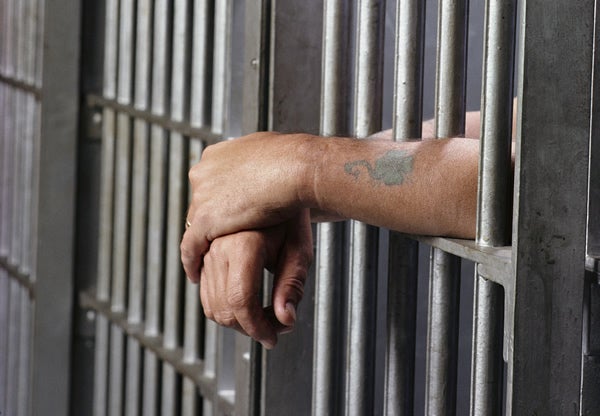Tales of the Red Tape #31: Charlie Manson for Hire
Diane Katz /
The Equal Employment Opportunity Commission (EEOC) has brought forth yet another excuse to punish employers: Conducting a criminal background check of job applicants could trigger charges of race discrimination.
No joke.
By a vote of 4–1, the commission last week approved its new “Enforcement Guidance on the Consideration of Arrest and Conviction Records in Employment Decisions Under Title VII of the Civil Rights Act of 1964.”
According to said document, individuals in “protected groups” (i.e., African Americans and Hispanics) are convicted of crimes at a rate disproportionately greater than their representation in the population. Consequently, background checks disproportionately screen out minority applicants. Such “adverse impact” is illegal unless an employer can prove a “business necessity.” The racial balance of a company’s workforce is no defense.
(By way of example, the agency cites a “no-beard” employment policy that may be unlawful [unless job-related] if there’s a negative impact on the employment of African American men—who have a predisposition to a skin condition that causes severe shaving bumps.)
Executives of Pepsi Beverages know all about the background-check crackdown. The company is on the hook for $3.13 million for a former policy under which applicants who had been arrested pending prosecution were not hired for permanent jobs.
Well, duh. Most anyone outside of government would understand the issues related to hiring an employee who is about to be embroiled in a trial and who could soon end up behind bars—or who might be a repeat offender. But under the EEOC’s (il)logic, companies could not even consider in the hiring process the pending murder charges against George Zimmerman in the death of Trayvon Martin.
If the EEOC initiates an investigation, the bureaucrats will examine company records to determine if it has attracted enough applications from protected groups. Because rumors of discrimination could discourage applications from African Americans and Hispanics, the commission would also gather evidence on a company’s “reputation in the community.”
All of which is part of the EEOC’s strategic plan for 2012–2016, including the E-R-A-C-E (Eradicating Racism and Colorism from Employment) initiative.
Even if the commission policy made sense on its own terms, the EEOC’s social prescription promises to exacerbate rather than resolve the problem. According to three members of the U.S. Commission on Civil Rights, research suggests that employers who do not use criminal background checks are actually less likely to hire African Americans because they might use race, age, or other characteristics as proxies for past criminal history when they can’t consider the actual criminal histories (or lack thereof) of those who apply for work. As noted by commissioners Peter Kirsanow, Gail Heriot, and Todd Gaziano, “Employer use of criminal background checks may thus actually benefit African American job applicants without criminal records.”
Be assured, this won’t be the last time the government gets it exactly backwards.

